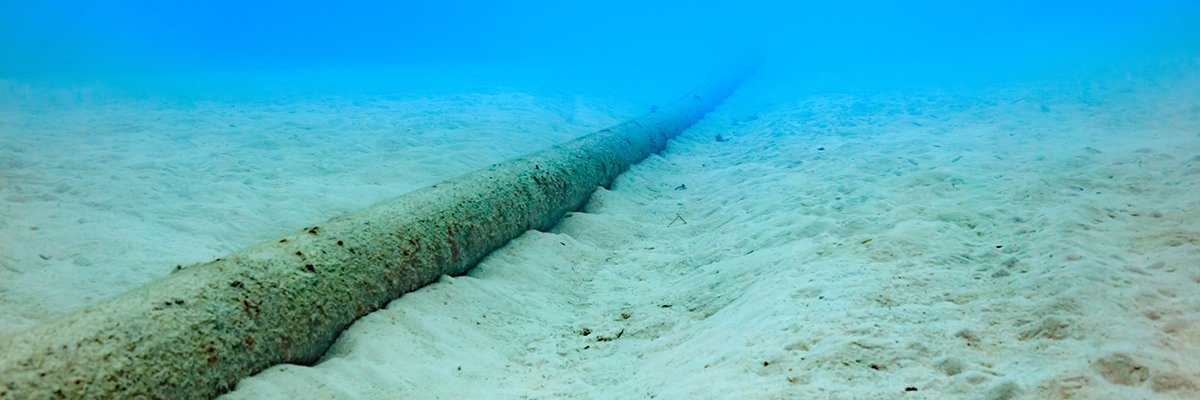MPs and peers have launched an inquiry into the UK's ability to protect undersea internet cables that link the country with the rest of the world, following heightened threats of sabotage from Russia, China and other hostile states.
The Joint Committee on the National Security Strategy, which scrutinises government decision-making on national security, aims to assess the UK's readiness for potential attacks on critical undersea communication cables.
The inquiry follows a statement by the defense secretary John Healey in the Commons this week, warning that Russian president Vladimir Putin is targeting the UK's undersea oil, gas, electricity and internet cables after a Russian spy ship entered British waters.
Healey said the research vessel, Yantar, was engaged in “gathering intelligence and mapping the UK's critical underwater infrastructure”, following its discovery in UK waters on 20 January 2025. He told Putin: “We see you, we know what you are doing, and we will not shy away from robust action to protect this country.”
According to the parliamentary committee's chairman, Matt Western, 99% of the country's data passes through undersea internet cables, making them a soft target for action by foreign states seeking to covertly damage the UK.
“As the geopolitical environment worsens, foreign states are seeking asymmetric ways to hold us at risk,” he said. “Our internet cable network looks like an increasingly vulnerable soft underbelly. There is no need for panic – we have a good degree of resilience, and awareness of the challenge is growing. But we must be clear-eyed about the risks and consequences: an attack of this nature would hit us hard.”
The global internet, which is critical for international communications and commerce, relies on a network of 500 cables that carry 95% of internet traffic. The cables are often in remote places, making them difficult and expensive to monitor.
Attack could disrupt essential services
The UK relies on about 60 cables to connect it with the rest of the world that provide resilience if one or two are deliberately or accidentally damaged. However, MPs and peers have raised concerns that a simultaneous attack on multiple cables, particularly during times of heightened tension or conflict, could cause significant disruption.
According to the UK's 2025 National Risk Register, in a reasonable worst-case scenario, the loss of transatlantic subsea cables linking to the UK would cause “considerable disruption” to essential services, including financial services, that rely on offshore datacentres and offshore service providers. .
There have been a number of incidents in Northern European waters where cables have been severed, including links between Norway, Sweden, Finland and the Shetland Islands. Over 50 Russian vessels have been observed near areas of high cable density in the Baltic Sea, leading European countries to reassess the security of their undersea infrastructure.
Most recently, on 25 December 2024, Russian-linked oil tanker Eagle S dragged its anchor for 60 miles in the Baltic, damaging the Estlink-2 power cable connecting Finland and Estonia and four data cables. The tanker has been impounded by finland,
The UK, along with other military partners, announced the launch of Operation Nordic Warden in January 2025 to track potential threats to undersea infrastructure and to monitor the activities of Russia's shadow shipping fleet.
The operation will use artificial intelligence to analyze data from a range of sources, including the Automatic Identification System, used by ships to broadcast their position, to assess the risks posed by vessels in areas close to undersea cables.
The inquiry aims to assess the UK's ability to defend subsea infrastructure, options for improving deterrence, work with military allies and the UK's resilience in the event of major disruption to internet infrastructure. The committee has set a deadline of 6 March for evidence,


